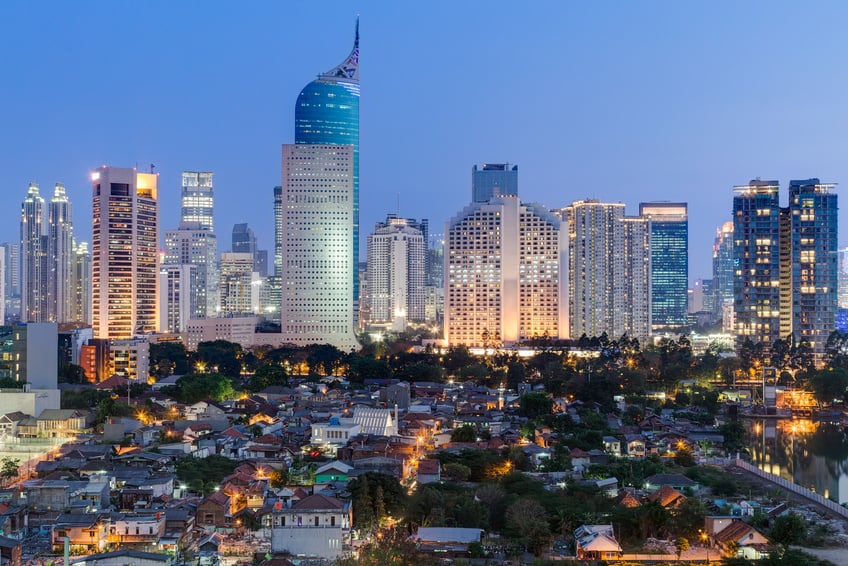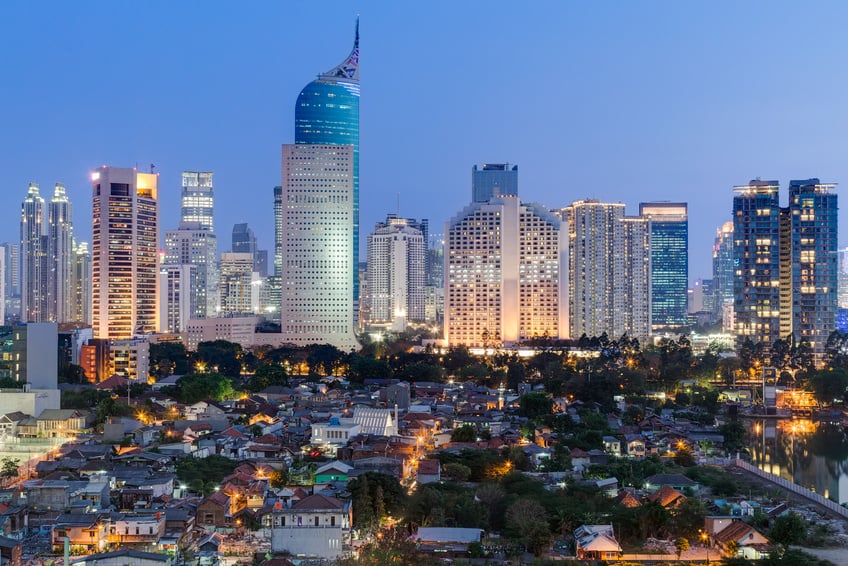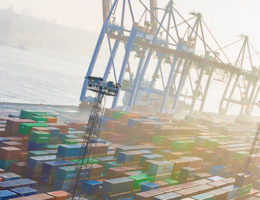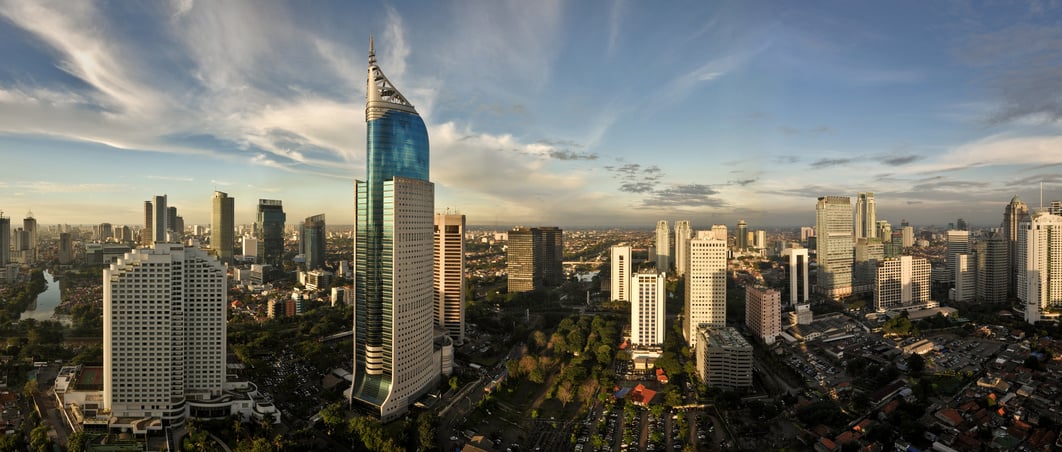In December 2022, the Indonesian Minister of Finance issued a new regulation on self-consumed imported goods, i.e., MOF Regulation No. 190/PMK.04/2022, on the Transfer of Self-Consumed Imported Goods, to meet the need for a more dynamic regulatory system in the trade sector. This regulation is designed to promote trade and economic growth in Indonesia by providing new import facilities, namely: (i) new import mechanisms for digital goods; (ii) new requirements to submit supporting customs documents; (iii) new requirements for non-MITA/AEO importers to obtain a registration number; (iv) new requirements for physical inspection of self-consumed imported goods; (v) new formulae to calculate import duties, excises and taxes; and (iv) new provisions for transferring imported goods that are subject to intellectual property rights requirements.
On 30 August 2022, the Indonesian House of Representatives agreed to pass a law ratifying the Regional Comprehensive Economic Partnership, the largest regional free trade agreement outside the World Trade Organization — involving 10 ASEAN countries and five non-ASEAN countries, i.e., China, New Zealand, Australia, Japan and South Korea. With the passing of this law, which still requires promulgation by the President, RCEP is set to come into force for Indonesia, possibly before the end of the year.
The latest episode of the series, 10 Things You Need to Know about Customs Audit in Indonesia, tackles two key themes: customs audits and current/hot audit issues in Indonesia. Our speakers discuss 10 of the most highlighted areas that a company needs to know about Indonesia customs audits.
The consumption of Sugar-Sweetened Beverages (Minuman Berpemanis Dalam Kemasan or MBDK) in Indonesia has risen significantly in the past 20 years, making Indonesia the third highest consumer of MBDK in Southeast Asia in 2020. The high MBDK consumption may have numerous health implications that will significantly impact Indonesia’s health and social and economic development.
To deal with this issue, the Indonesian government has included excise revenue from MBDK in this year’s State Revenue and Expenditure Budget (Anggaran Pendapatan dan Belanja Negara or APBN).
In April 2022, the Minister of Finance (MOF) issued MOF Regulation No. 26/PMK.010/2022 on the Stipulation of Goods Classification System and Imposition of Import Duty Tariffs on Imported Goods, which introduced changes made to the Harmonized Commodity Description and Coding System (HS) Code regime and updated Indonesia’s Customs Tariff Book (CTB). The CTB is amended every five years because the HS, on which it is based, is updated every five years to account for technological developments, changes in trade patterns, and the changing of global situations and conditions.
A recent development concerning the replacement of a Ministry of Trade export restriction with a Ministry of Finance progressive export levy may be an indication of the Indonesian Government’s intention to implement wider restrictions for exports in the near future. It is fair to say that Indonesia is welcoming the era of export restrictions.
In 2021 the Indonesian Government issued Government Regulation No. 29 on Organization of the Trade Sector (“GR 29”). GR 29 is an implementing regulation of the Job Creation Law, which changes the rules for trade matters, including for distribution of goods, exports and imports. Following the issuance of GR 29, the Ministry of Trade (MOT) introduced a series of technical implementing regulations. MOT Reg. 20/2021 replaced the previous regulations, and has simplified the rules on import of various type of goods.
“In the spirit” of simplifying Indonesian regulatory frameworks, the Minister of Trade (MOT) recently issued MOT Regulation No. 18 of 2021 on Goods Prohibited from Being Imported and Exported to further implement Government Regulation No. 29 of 2021 on the Organization of the Trade Sector.
Join us for our 19th Annual Global Trade and Supply Chain Webinar Series entitled, “International Trade Developments in a Challenging New World,” which includes the latest international trade developments. This year, in a variety of sessions, our panels of experts will cover the key developments and latest trends on sanctions, export controls and Foreign Investment Review regimes. On the inbound side, there will be sessions on opportunities and compliance challenges arising out of FTAs, hot topics on Customs valuation, trends in customs audits and supply chain compliance challenges and logistics.
On 7 May 2021, Indonesia ratified a Comprehensive Economic Partnership Agreement (CEPA) with the European Free Trade Association (EFTA). The CEPA was introduced to accelerate the economic recovery from the effects of the pandemic and enhance comprehensive economic cooperation between Indonesia and the EFTA.






